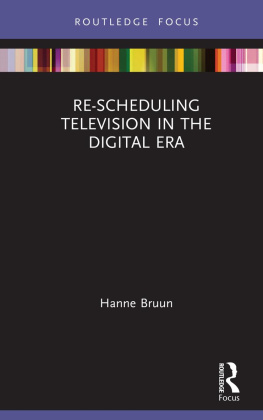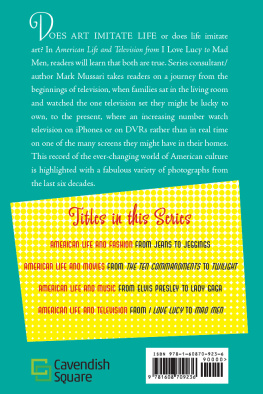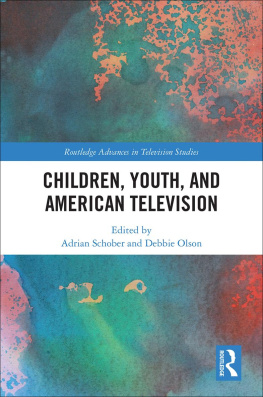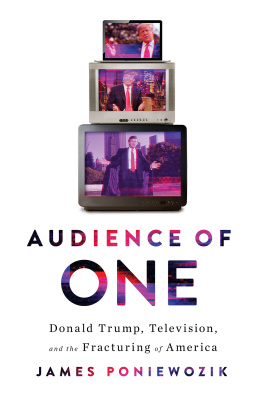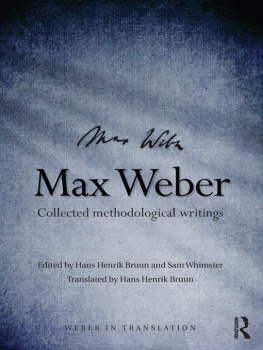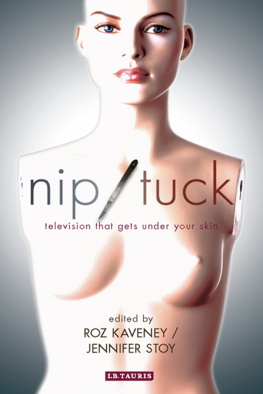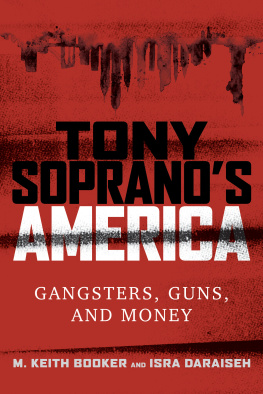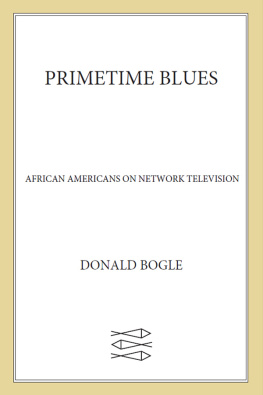The Antihero in American Television
Combining an informative survey of salient research in psychology and philosophical aesthetics with careful conceptual analysis and close examinations of well-known television series, Margrethe Bruun Vaages book offers a fresh perspective on the nature of contemporary American television drama and the ways it engages viewers. Exemplifying the virtues of the best interdisciplinary scholarship in the humanities, this book opens up new avenues of research for television studies scholars, cognitivist theorists, and philosophers of film, and will also appeal to any students or scholars with an interest in the question of what makes characters like Tony Soprano and Walter White so compelling.
Ted Nannicelli, University of Queensland, Australia
The antihero prevails in recent American drama television series. Characters such as mobster kingpin Tony Soprano (The Sopranos), meth cook and gangster-in-the-making Walter White (Breaking Bad) and serial killer Dexter Morgan (Dexter) are not morally good, so how do these television series make us engage in these morally bad main characters? And what does this tell us about our moral psychological make-up, and more specifically, about the moral psychology of fiction?
Vaage argues that the fictional status of these series deactivates rational, deliberate moral evaluation, making the spectator rely on moral emotions and intuitions that are relatively easy to manipulate with narrative strategies. Nevertheless, she also argues that these series regularly encourage reactivation of deliberate, moral evaluation. In so doing, these fictional series can teach us something about ourselves as moral beingswhat our moral intuitions and emotions are, and how these might differ from deliberate, moral evaluation.
Margrethe Bruun Vaage is Lecturer in Film at the University of Kent, UK. She explores the spectators engagement with fictional film and television series. She has published in numerous anthologies and journals such as the British Journal of Aesthetics, Midwest Studies in Philosophy and Screen.
Routledge Advances in Television Studies
1 Parody and Taste in Postwar American Television Culture
Ethan Thompson
2 Television and Postfeminist Housekeeping
No Time for Mother
Elizabeth Nathanson
3 The Antihero in American Television
Margrethe Bruun Vaage
First published 2016
by Routledge
711 Third Avenue, New York, NY 10017
and by Routledge
2 Park Square, Milton Park, Abingdon, Oxon OX14 4RN
Routledge is an imprint of the Taylor & Francis Group, an informa business
2016 Taylor & Francis
The right of Margrethe Bruun Vaage to be identified as author of this work has been asserted by her in accordance with sections 77 and 78 of the Copyright, Designs and Patents Act 1988.
All rights reserved. No part of this book may be reprinted or reproduced or utilised in any form or by any electronic, mechanical, or other means, now known or hereafter invented, including photocopying and recording, or in any information storage or retrieval system, without permission in writing from the publishers.
Trademark notice: Product or corporate names may be trademarks or registered trademarks, and are used only for identification and explanation without intent to infringe.
Library of Congress Cataloging-in-Publication Data
Vaage, Margrethe Bruun, 1975
The antihero in American television / by Margrethe Bruun Vaage.
pages cm. (Routledge advances in television studies; 3)
Includes bibliographical references and index.
1. Antiheroes on television. 2. TelevisionSocial aspectsUnited States. I. Title.
PN1992.8.A65V33 2015
791.45'652dc23 2015022260
ISBN: 978-1-138-88597-4 (hbk)
ISBN: 978-1-315-71516-2 (ebk)
Typeset in Sabon
by codeMantra
To Steffen
Contents
The Sopranos (HBO, 19992007) is one of many American drama television series in recent decades featuring a severely morally flawed main character that the spectator is generally encouraged to like. Banshee (Cinemax, 2013-present), Boardwalk Empire (HBO, 20102014), Breaking Bad (AMC, 20082013), Dexter (Showtime, 20062013), Fargo (FX, 2014-present), Hannibal (NBC, 2013-present), House of Cards (Netflix, 2013-present), Ray Donovan (Showtime, 2013-present), Sons of Anarchy (FX, 20082014), The Shield (FX, 20022008) and The Wire (HBO, 20022008) are some of the television series with main characters who commit serious crimes murder is one of the crimes the main characters in these series have in common. These main characters are not just morally flawed in the humdrum sense that all of us, in some way or another, are morally flawed. It is not just the case that the main character in these series is no saint he truly is immoral, in the sense that he is continually violating moral principles. This book is about the spectators engagement with these morally flawed main characters or antiheroes.
These series are part of a trend or cycle Although seen as problematic by some, for example because these notions can be said to reproduce a hierarchy of taste by implying that regular TV somehow lacks quality and complexity (Newman & Levine 2012), Quality TV can also be seen not so much as an evaluative label, but as a genre denomination, as in Robert Thompsons by now classical discussion of the trend (Thompson 1997). In his influential account,
the quality in quality TV has come to refer more to a generic style than to an aesthetic judgment.
(Thompson 1997: 13)
What emerges by the time we get to the 1990s is that quality TV has become a genre in itself, complete with its own set of formulaic characteristics. () By 1992, you could recognize a quality show long before you could tell if it was any good. Quality television came to refer to shows with a particular set of characteristics that we normally associate with good, artsy, and classy. () Quality TV is simply televisions version of the art film (Ibid., 16).
One could argue that art film is not so much a genre as a mode, yet nonetheless agree with Thompsons general observation, namely that Quality TV series share some traits with art film (cf. Bordwell 1979; see K. Thompson 2003). I will not discuss this further here, and I bring this up only to contextualise the antihero series in this historical development in American television. Quality TV can be said to be a response in the television industry to a particular challenge: how to catch and keep the attention of affluent, highly educated, urban viewers, viewers who have not traditionally (or were not, as this trend emerged in the 1980s) attracted to regular TV. With more competition between cable and network channels from the 1980s onwards, the TV industry increasingly targeted specific segments of the audience; in particular, segments that were especially attractive to advertisers, or, in the case of a subscription channel such as HBO (see e.g., Anderson 2008 and De Fino 2014), segments of the audience who were willing and able to pay monthly subscription rates. One of the primary market strategies for American cable channels would thus be to make a product that appeared distinctly different from regular TV, intended to attract this profitable demographic. This process is known as segmentation, and it is an important backdrop for the wide range of antiheroes currently found on American television.


